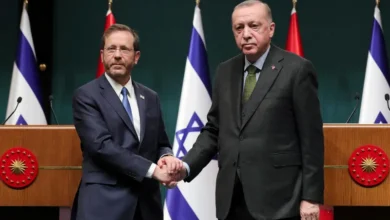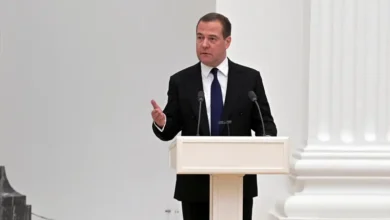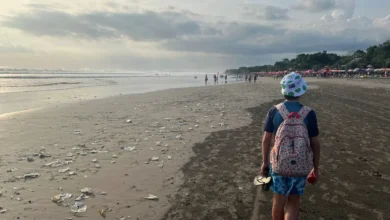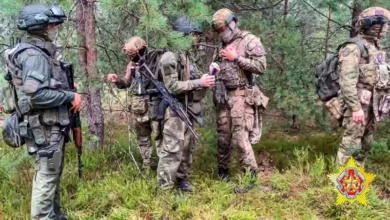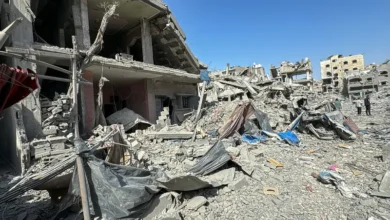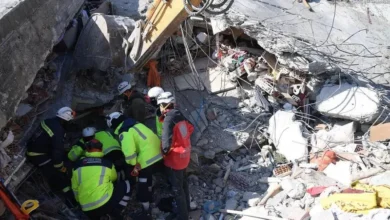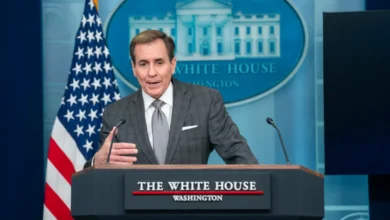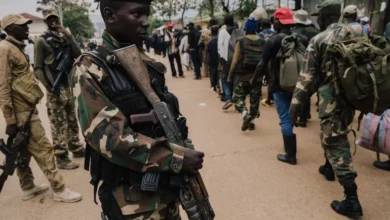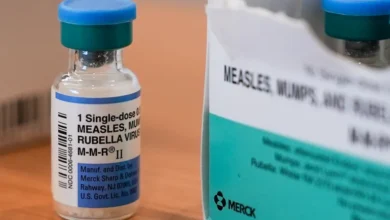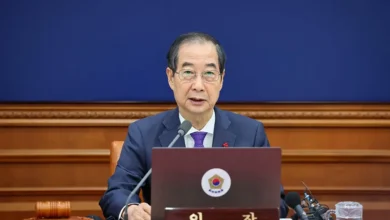Top Biden aide in Beirut amid efforts to contain Gaza violence
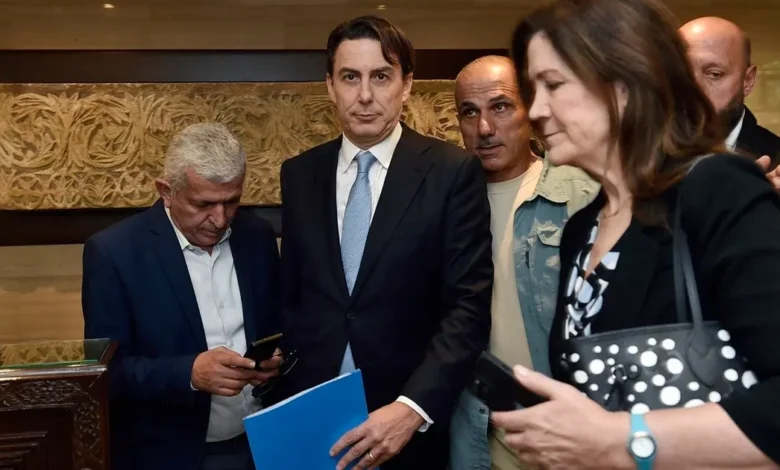
A top advisor to the US president landed in Beirut on Tuesday on an unannounced visit to urge for restored calm along Lebanon’s southern border with Israel.
Senior Advisor Amos Hochstein held talks with Lebanon’s army chief, the caretaker prime minister and the Parliament speaker. Lebanon has been without a president and a fully functioning government for over a year now.
Hochstein also met with Lebanon’s former spy chief, Abbas Ibrahim, who has a history of mediating hostage releases. Ibrahim is said to have been in Qatar earlier in the week and has reportedly been in contact with Hamas over the hundreds of hostages they’re holding captive.
Ibrahim has close ties with several security agencies in the Middle East, including Palestinian groups, during his time in the counterterrorism and intel bureaus of the Lebanese Armed Forces. He has also helped secure the release of Western hostages from Syria and Iran.
A White House National Security Council official, speaking on condition of anonymity, told Al Arabiya English the US made clear that it “does not want this conflict to spread to Lebanon.”
Hezbollah and Palestinian groups inside Lebanon have been engaged in cross-border fire with Israel since the Oct. 7 Hamas attack. Over 50 Hezbollah fighters have been killed, but it remains unclear how many Israeli soldiers have died.
Lebanese officials have publicly objected to Lebanon being dragged into the conflict. This message was made clear during Hochstein’s meetings in Beirut on Tuesday.
Hochstein went to Beirut to “demonstrate US support for the Lebanese people,” the NSC official said.
The US Embassy in Beirut said that Hochstein conveyed during his meetings that the US “cares deeply” for Lebanon and its people during this difficult time.
Hochstein extended Washington’s condolences for the civilian lives lost in Lebanon. Israeli strikes have killed several civilians so far in Lebanon, including a Reuters journalist and three young girls aged 10, 11 and 12. Israel has not apologized or announced any disciplinary action against those who were behind the indiscriminate attacks on civilians.
The US Embassy said that Hochstein also heard the concerns of Lebanese officials and informed them of what the US is doing to address those concerns.
“He reiterated that the United States does not want to see the conflict in Gaza spread and emphasized that restoring calm along the southern border should be the highest priority for both Lebanon and Israel,” according to a statement.
The US diplomat reminded all interlocutors that UN Security Council Resolution 1701 was the best way to achieve stability, and he called for it to be fully implemented.
Resolution 1701 put an end to the July 2006 war between Hezbollah and Israel. It called for a full cessation of hostilities, including attacks by Hezbollah and all offensive military operations by Israel.
But Israel still occupies parts of Lebanese territory despite UN resolutions calling for its withdrawal. Hezbollah justifies its possession of arms as being necessary to resist Israeli occupation, and successive Lebanese governments have included language in their policy manifestos implicitly legalizing these weapons.
No public mention was made of any efforts by Hochstein to discuss the release of hundreds of hostages held by Hamas. Hostage negotiations are typically contained within a specific channel of the US government.
